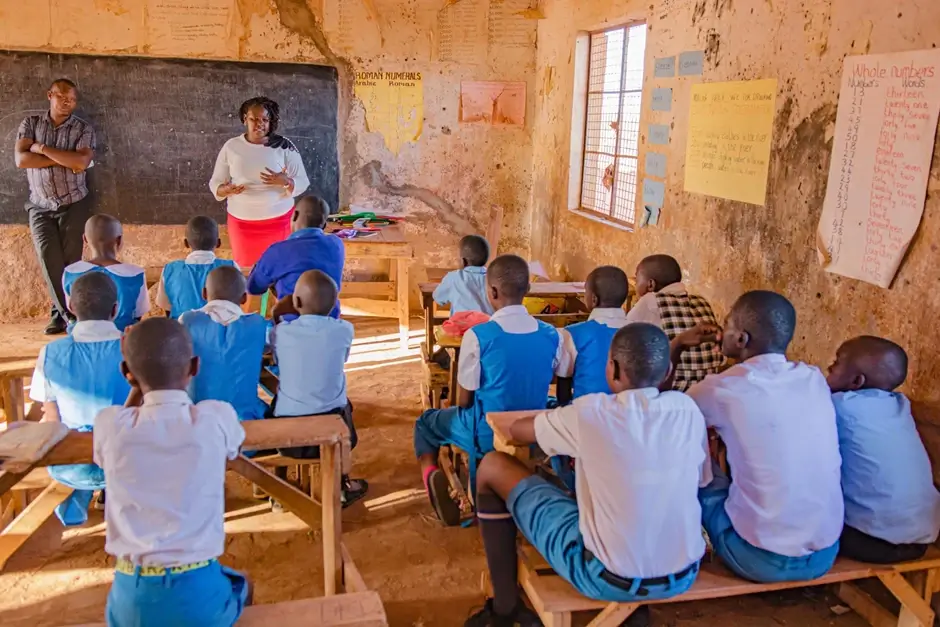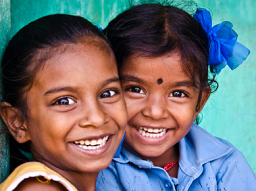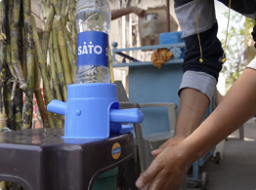
accelerating sustainable sanitation and hygiene access for all
Across Africa and Asia, we are a trusted partner for local governments. We support national programmes and work with teams on the ground to deliver affordable and innovative products that create better lives, every day. By combining this practical approach with our award-winning solutions, we can help support the creation of long-term economic value for emerging economies.
Governments and their stakeholders point to market gaps that need to be addressed to accelerate access to sustainable sanitation and hygiene. SATO delivers excellent toilet and hygiene experiences, at a fraction of the cost of typical toilets, using much less water.
Previously underserved people who were using low quality facilities, such as unimproved pit latrines, or nothing at all, now have access to solutions that have improved the lives over 45 million people in 45 countries so far.
Why partner with us?
Working to support national sanitation and hygiene programmes across many government departments
We have the expertise, and global reach to deliver impactful and effective sanitation and hygiene solutions at scale that support specific objectives of local and national government. The efficiency and popularity of SATO means that it can offer many benefits across several different government departments:
ENVIRONMENT
HEALTH
FINANCE
EDUCATION
Access to toilets remains one of the main factors behind absenteeism among students in Africa and Asia, especially for girls. Improved sanitation and hygiene services have been shown to combat this issue, encouraging children and teenagers to attend and remain in school.
case studies
KITUI COUNTY, KENYA
By partnering with the Kitui County Government in Kenya, alongside UNICEF, we were able to distribute a total of 23,000 SATO products, improving the lives of an estimated 138,000 Kenyans in the process.
This project, which started in 2016, has resulted in the country being declared Open Defecation Free since 2018. Because of this, there have been zero cholera outbreaks since, whilst stunting rates among babies have dropped from 47% to 25%, having almost halved. Read more here
LILONGWE, MALAWI
SATO has also worked to establish a mason engagement programme in Malawi’s capital. This saw the successful training of 80 masons, ensuring Lilongwe has enough skilled personnel to install and maintain our life-changing products.
Government FAQs
Why are government partnerships important to SATO?
Governments work on behalf of their citizens. They play a key role in setting policies that improve lives. In the countries where we work, access to affordable sanitation is often critically lacking. This creates preventable health, social, and environmental challenges which governments must try to solve. By working closely with governments, we can accelerate improved sanitation through collaborative efforts to influence hygiene behaviours, to generate demand for improved sanitation, and to develop policies that foster the creation of markets where citizens can access affordable sanitation solutions for their homes and communities. Indeed, government partnerships are essential for helping establish hygiene and sanitation markets in emerging economies, thereby improving the quality of life for as many people as possible.
What partners do you have, and who else do you want to get involved with the business?
We work with a broad spectrum of partners, from IGOs and NGOs like UNICEF, WHO, Water Aid, Save the Children, and Plan International; to fellow businesses like Reckitt, Coca Cola, and WeFarm; to national government agencies like USAID and JICA. We invite more governments, IGOs, NGOs, and private sector companies to join us as partners so that, together, we can improve lives by expanding markets for SATO’s affordable sanitation products,
How does your partnership with USAID work?
- LIXIL signed a Memorandum of Understanding with the United States Agency for International Development (USAID) in October 2020 to develop the sanitation and hygiene market. The MOU with USAID recognized our shared goals of increasing access to basic sanitation and hygiene in underserved communities through market-based approaches, and as a result of its progress, LIXIL has now entered a cooperative agreement with USAID as of October 2021.
- The cooperative agreement is known as The Partnership for Better Living: Affordable, Accessible, Adaptable Sanitation Solutions. This new partnership aims to expand the market for affordable and appropriate sanitation solutions, and to improve the availability of products and the reliability of supply chains in countries of shared interest.
Do you receive any external funding from organizations like the Bill & Melinda Gates Foundation?
In the past, we received funding from the Bill & Melinda Gates Foundation as well as from Grand Challenges Canada. We currently have a five-year $10M grant from USAID under a cooperative agreement called The Partnership for Better Living.
Contact us by phone, email, or the form opposite
If you are based in India, please call us toll-free, Monday to Friday between 9am-6pm, on +1800 202 1626
If you are based in Africa, please call us toll-free, Monday to Friday between 9am-6pm or Saturday between 9am-1pm, on +254 800 722 233
Contact us by email: SATO@LIXIL.com
Or get in touch using the form and we will contact you as soon as possible.



